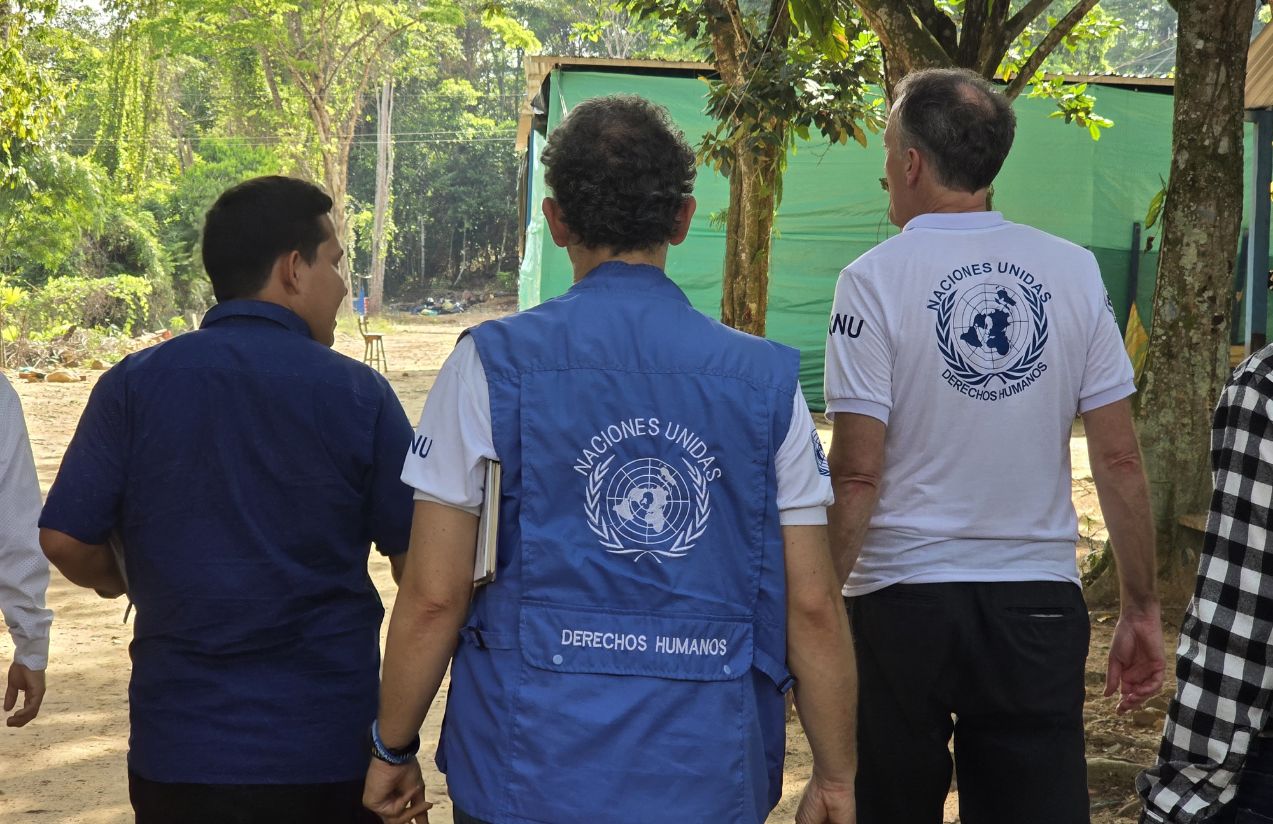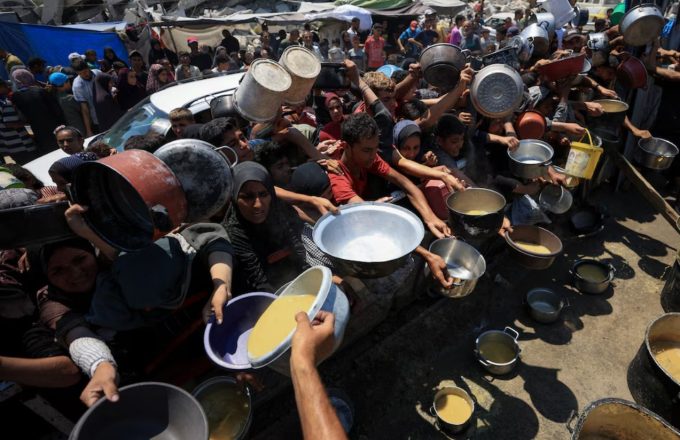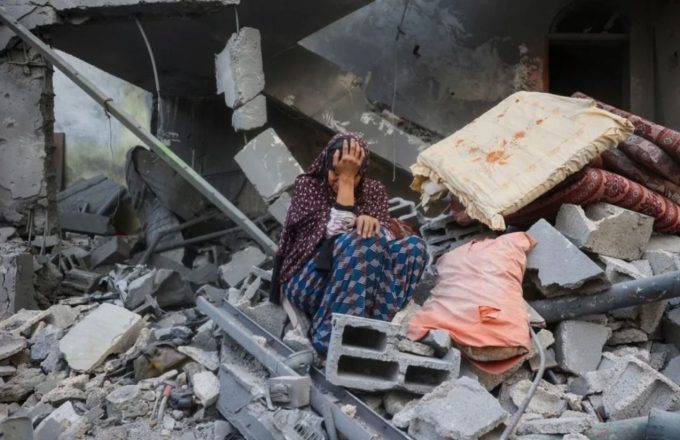Children in Colombia continue to fall victim to the ongoing armed conflict, the Office of the United Nations High Commissioner for Human Rights (OHCHR) warned on Friday. The agency denounced a rise in the forced recruitment of minors by illegal armed groups, along with their exposure to clashes and the broader humanitarian consequences in the country’s most violence-stricken regions.
“We are deeply concerned about the increasing trend of recruiting girls, boys, and adolescents, which appears to be intensifying in 2025, particularly in a pre-electoral context,” said Scott Campbell, the UN’s representative in Colombia, in an official statement.
According to UN data, between 2022 and 2024, 658 cases of serious human rights violations against children were verified in the context of the conflict. These included 474 cases of forced recruitment and 89 cases of gender-based violence. In just the first months of 2025, the UN has confirmed 51 new cases of child recruitment.
The agency also warned of significant underreporting, driven by fear of retaliation, victim stigmatization, and the normalization of violence in some communities.
Despite the historic 2016 peace accord with the Revolutionary Armed Forces of Colombia (FARC)—once the largest guerrilla group in Latin America—Colombia has not overcome its internal conflict. Power vacuums in former rebel strongholds have gradually been filled by FARC dissident factions and other illegal armed groups, fueling renewed violence.
President Gustavo Petro, a former guerrilla fighter and Colombia’s first leftist leader, has championed a “total peace” policy through dialogue with various armed factions. However, the initiative has faced repeated setbacks and limited progress.
According to testimonies verified by the UN, many children who are forcibly recruited are used in combat operations, trained to handle weapons, explosives, and even drones. In January, seven minors died in clashes between armed groups in the department of Guaviare. Two more children, also recruited, were killed in the Catatumbo region near the Venezuelan border, where violence has sharply escalated.
The UN also warned about new methods used by illegal groups to lure minors, including the use of social media platforms like TikTok and Facebook. These groups share videos featuring popular music and messages that glamorize criminal life, using the content to initiate conversations with children that later lead to recruitment.
Furthermore, violence against children has a particularly severe impact on Indigenous and Afro-descendant communities, with “differential and disproportionate effects that can result in the loss of cultural traditions,” the agency emphasized.




















